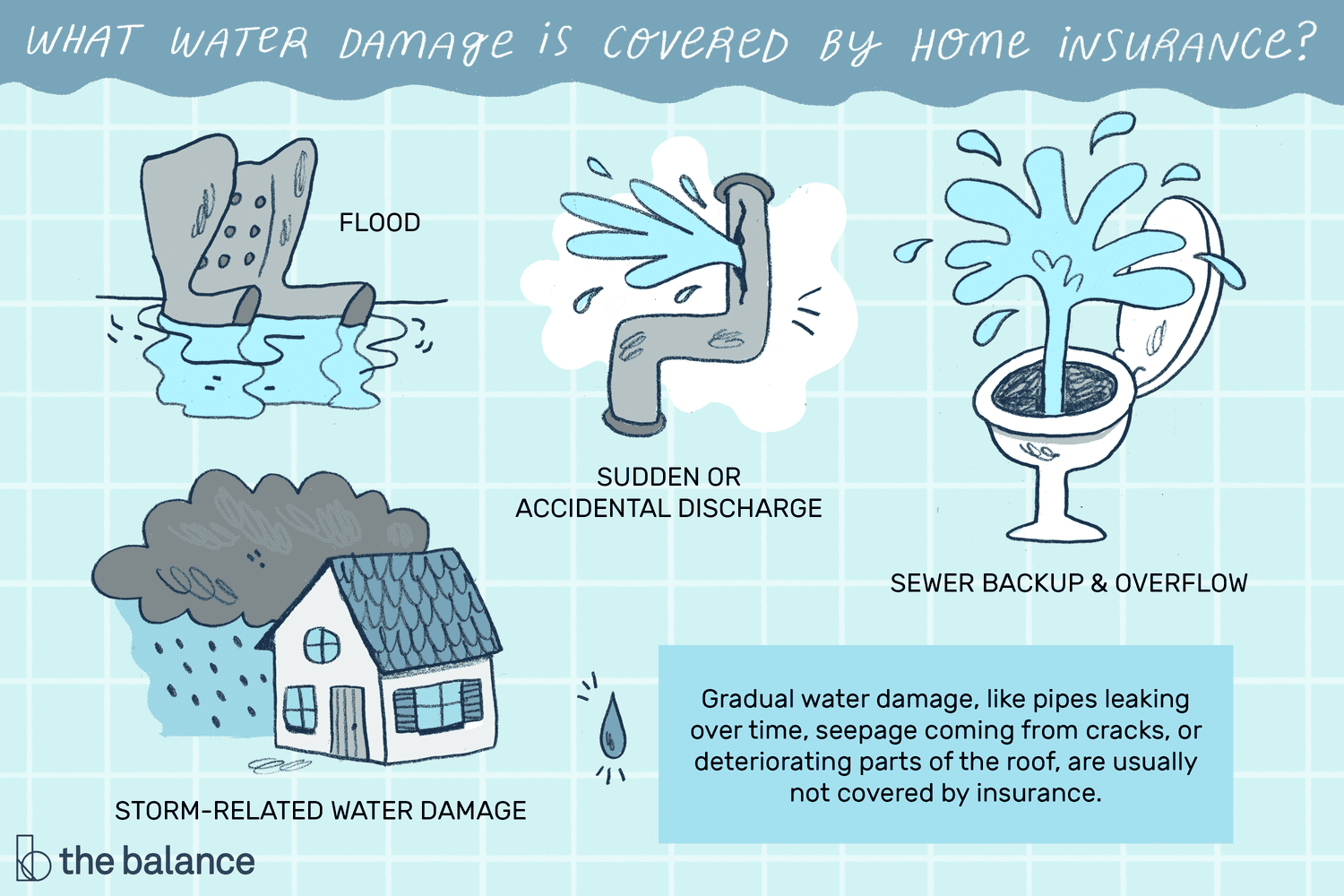
It is crucial to know the different types of plans that are available in New Jersey when looking for health insurance. Some plans offer premiums that are age-based, while others may be location-based. This article provides you with information on the types of health insurance plans available in New Jersey. Additionally, you will learn how to save money and maximize your coverage.
New Jersey: Cost of health insurance
The cost of health insurance in New Jersey can vary greatly depending on your circumstances. If you are only in need of routine medical care, you may be able to choose a Bronze plan. However, if you're going to need to make frequent doctor visits or buy prescription drugs, you may want to opt for a higher-cost plan, like a Silver plan.
New Jersey's average health insurance policy cost went up by 3% between 2021-2022. The biggest jump was seen in bronze plans. The cost of health insurance in New Jersey is also limited by regulations. Because they do not typically cover the essential benefits and are subject to medical underwriting, short-term plans of health insurance are not permitted.
Types of plans available
There are many options for purchasing New Jersey insurance when you're looking for health coverage. You have two options when it comes to purchasing health insurance in New Jersey: an Exclusive Provider Organization (HMO) or a Health Maintenance Organization (HMO). HMOs are an affordable option that allows you to keep in touch with specialists and doctors. EPO plans allow you to choose your own provider network, and can offer more comprehensive coverage.

Look at your income level when you are looking for New Jersey's health insurance plan. Medicaid can provide lower-cost coverage for low-income individuals. Some people may be eligible for subsidized coverage that is either free or at a reduced price through the health insurance marketplace.
Age-based premiums
New Jersey law prohibits the use of age-based premiums to insure health. But, age plays a significant role in the cost and quality of health insurance. Premiums tend to be lower for younger persons and higher for seniors. You may also be eligible for discounts based on your income and age, such as premium tax credits to seniors or cost-sharing reductions for those with low incomes. You will receive a quote when you apply to health insurance. Your age and the type you select will affect how much premiums.
New Jersey offers two types of health insurance. The HMO (Health Maintenance Organization), is the first. One is an Exclusive Provider Organization. A HMO will require you to see a network of doctors in order for you to receive treatment. You have the option of visiting a different provider if your condition requires a specialist. You can also visit doctors outside the network with the EPO option.
Premiums based on where you are
The cost of individual health insurance in New Jersey varies widely. It all depends upon your personal health and preferences. The Gold plan might be best for you if you frequently visit your doctor. Although this plan will have higher monthly rates, you'll also pay less for deductibles as well as office visits. If you are not likely to use your insurance often, the Bronze plan might be a good choice. Bronze plans have lower monthly costs, but higher copays and deductibles. These plans are ideal for people who use their health insurance less often.
New Jersey's health insurance costs are determined by where you live. This means that prices will be higher in certain areas than in others. By 2022, the average cost of a New Jersey health policy for a 40 year old will be $583 per monthly. This is 3% less than in 2021. An IHC Silver EPO AmeriHealth Care Advantage $45/40% plan is the best option for most New Jersey residents. It costs $398 per monthly. Horizon Blue Cross Blue Shield Value Access Silver is the lowest priced Silver plan. It is available in 14 counties.

Short-term plans
Many insurance companies offer short-term plans for health insurance in New Jersey. The term can seem short but they are often the best for some people. The short-term option is for people without any health insurance. Both plans have different costs depending on what you need.
Even though the benefits and coverage offered by a short term plan are sometimes limited, many people find them cost-effective and convenient. It usually covers emergency care only and doesn't offer as much coverage as major medical health insurance. Even though short-term plans often have limited benefits, they may be an affordable solution for people who are in between jobs or need health care coverage only temporarily. A comparison site is a great way to make sure you are getting the right coverage and the right price.